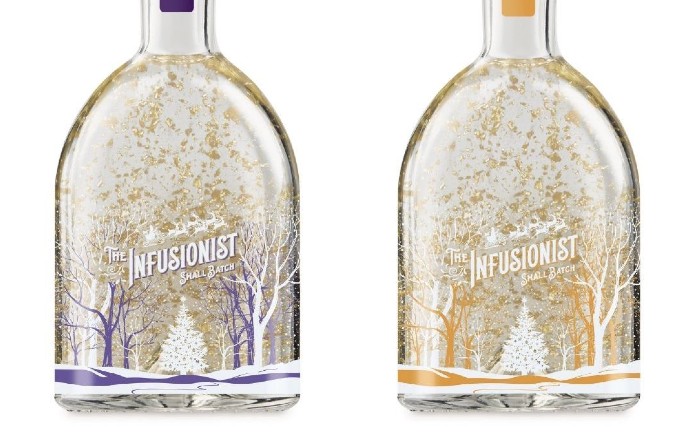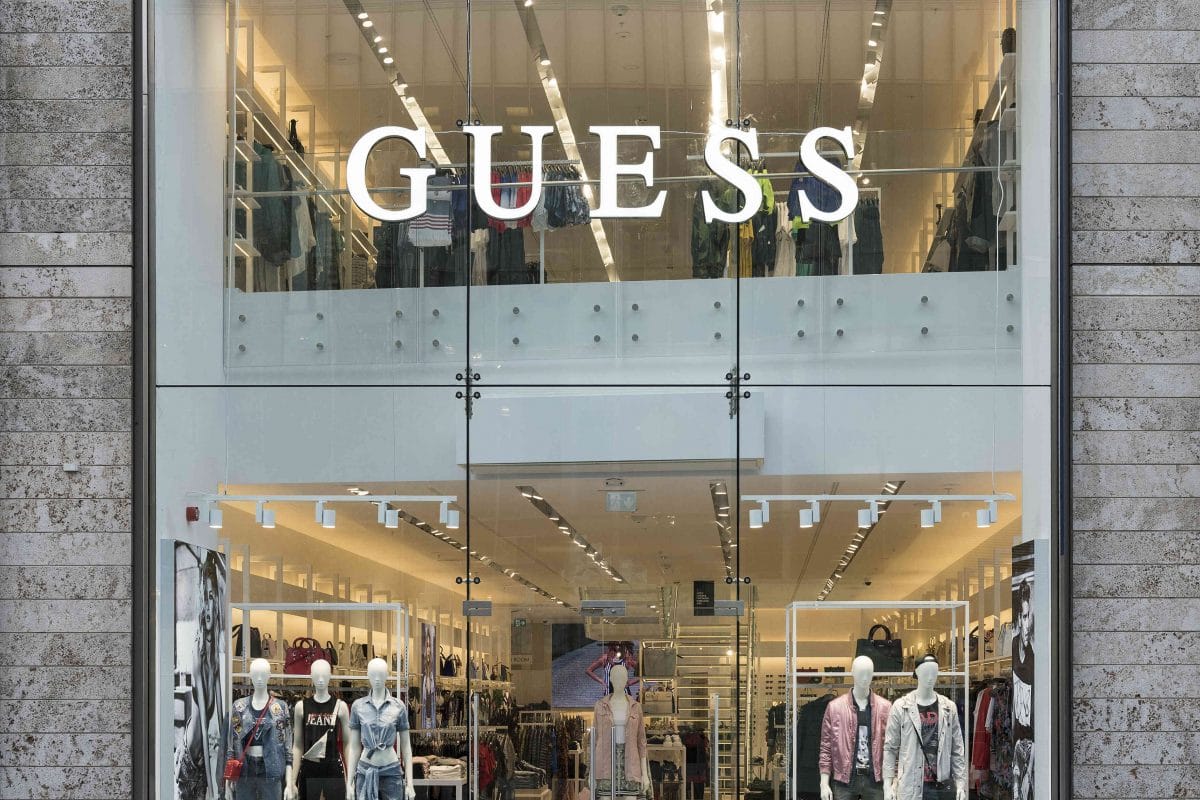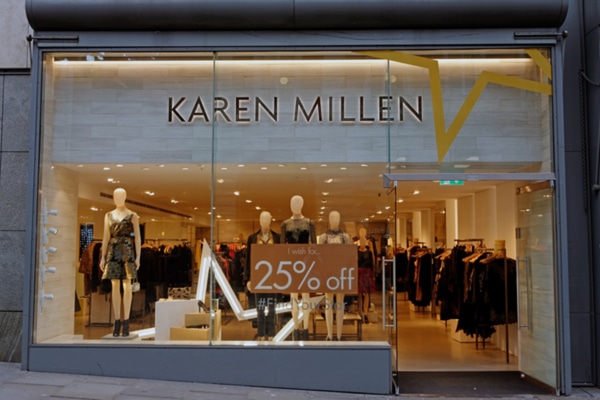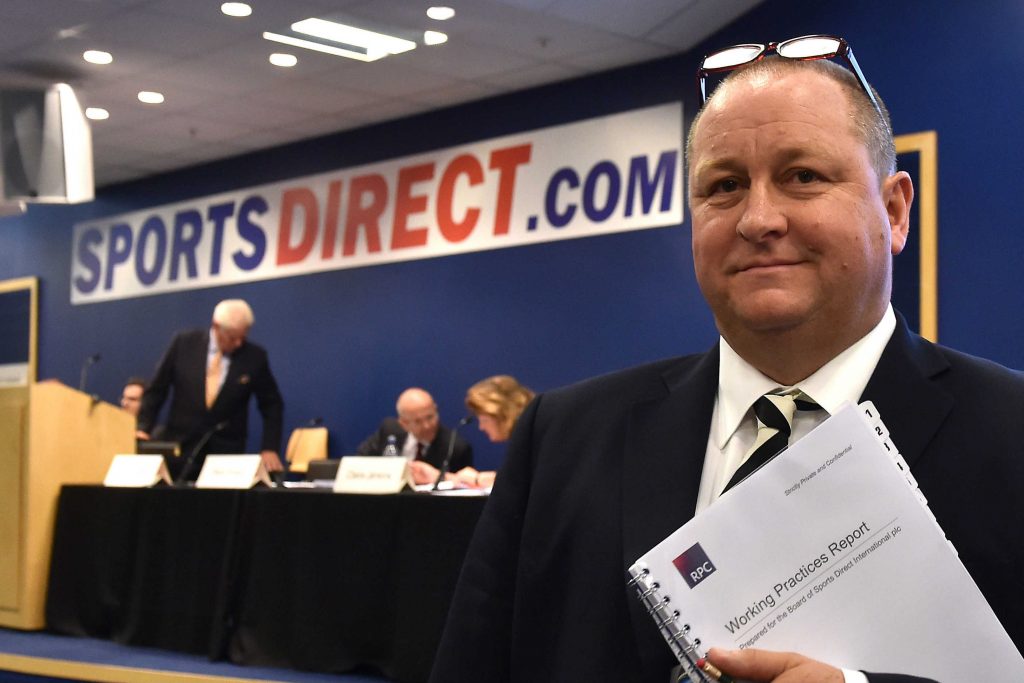Asda’s new Just Essentials value range, which is set to launch next month, has sparked ire at Waitrose, which believes the branding and name is too similar to its own budget range Essential Waitrose.
Waitrose has said it is “surprised” that Asda is launching an essentials range, and has sent a legal letter raising trademark concerns to its supermarket rival.
Although an Asda spokesperson said “the word ‘essentials’ is a generic and commonly used term by retailers to describe their value product ranges”, it has yet to respond to Waitrose.
This is not the only time that retailers have gone head-to-head in a legal battle. From intellectual property claims to patent infringement and CVA challenges, we break down some of the biggest retail legal feuds over recent years.
Marks & Spencer v Aldi

Marks & Spencer first began legal action against Aldi last year in an effort to protect its beloved Colin the Caterpillar cake, claiming that the discounter’s Cuthbert the Caterpillar product infringed its trademark, and demanded the retailer remove it from sale and refrain from creating anything resembling Colin in the future.
M&S lodged the intellectual property claim with the High Court in April 2021, arguing that the similarity of Aldi’s product lead consumers to believe they were of the same standard, “riding on the coat-tails” of M&S’s reputation with the product.
However in February this year, the retailers managed to reach a settlement through a “confidential agreement” over the copyright dispute.
It is understood that Aldi, which won fans through it’s tongue-in-cheek #FreeCuthbert campaign that it launched in the wake of the legal battle, will be able to keep on selling Cuthbert, albeit in a different form.
The discounter said in a tweet labelled #FreeCuthbert: “Getting out early on good behaviour, keep an eye out for Cuthy B this Spring.”
In fact, in the wake of the legal battle, Aldi has filed its own trademark application for Cuthbert.
Marks & Spencer v Aldi, part 2
Despite the settlement in Colin v Cuthbert, M&S and Aldi are still squaring up, this time over gin.
M&S claims that Aldi’s gold-flake gin liquers, which are branded ‘The Infusionist’, are copies of it’s Light-Up Gin.
The retailer is seeking a High Court injunction restraining Aldi from further alleged infringement of its protected designs.
The M&S gin costs £6 more than the Aldi version, which has an identical bell-shaped bottle that is illuminated from below, with gold flakes in the liquid.

Aldi’s liqueurs “constitute designs which do not produce on the informed user a different overall impression to the M&S designs,” M&S court documents said.
M&S is seeking an injunction to restrain Aldi from infringing its designs, require it to surrender or destroy its stock and pay damages plus costs.
Aldi has rejected requests to stop selling the products. The case continues.
Gucci v Guess
Gucci and Guess were embroiled in a nine-year long legal battle as luxury brand Gucci alleged that Guess’ logo and diamond pattern were direct copies of its tradmark.
Gucci first took Guess to a New York federal court in 2009, where it accused the brand of counterfeiting, unfair competition and trademark infringement — with particular reference to the interlocking “G”s that appeared on a pair of Guess shoes, which Gucci alleged were confusing to customers and caused them to lose profits.

In 2012, Gucci were awarded $4.7 million in damages, which was just a fraction of the $221 million that the Italian luxury brand was hoping for.
Gucci then sought damages on a global level and filed lawsuits against Guess on the same grounds in Italy, France, Australia and China, and started proceedings with the European Union intellectual property office.
However, the EU ruled in favour of Guess, while China and Australia’s courts sided with Gucci.
The pair finally reached an agreement in 2018, although the terms were not disclosed.
The brands released a joint statement at the time which said: “The agreement is an important step for both companies in recognising the significance of protecting their respective property portfolios and design creativity.”
Karen Millen v Karen Millen
Karen Millen, the founder of the womenswear retailer, took the business to court in 2016 over the right to use her own name.
Millen sold the retailer to Icelandic business Baugur Group in 2004 for £95 million in an agreement that prevented her from using her name to compete with the business.

However, Karen Millen Holdings went into administration in March 2009 and was replaced by a new company, Karen Millen Fashions.
Millen challenged Karen Millen Fashions’ right to enforce the terms of the original sale, and was seeking clarification of the agreement and how it should be interpreted.
She had wanted to use her name on a range of homewares products in China and the US but the High Court ruled against the fashion designer.
The court said the use of the name Karen Millen would breach the agreement she had with the retailer and it also prevented her from using the name Karen, without Millen or ‘M’.
The ruling left the fashion designer footing an estimated £2m to £3m bill for both sides’ legal costs.
Sports Direct v Debenhams
When Mike Ashley failed in his attempt to takeover Debenhams, he staged a legal challenge to its CVA in 2019.

The department store had rejected two bids from Ashley, who had been its biggest investor before its lenders took over the business in a pre-pack administration in April 2019.
The CVA, which would allow Debenhams to exit 50 shops and cut rents on other stores, was a key part of its lenders’ plans to revive the department store.
Despite having the CVA approved by landlords and creditors, Ashley launched legal action to oppose it, joining forces with landlord CPC, which let six stores to Debenhams.
Debenhams executive chairman at the time Terry Duddy said the legal claims was “an unnecessary distraction” and its owners said the claims were “spurious”.
Sports Direct withdrew its own legal challenge but did fund CPC’s claim, which said the CVA was unfair and “designed to create a situation in which the company’s general body of unsecured creditors is paid in full at the expense of certain landlords and local authorities”.
The High Court rejected the claim in September 2019 allowing Debenhams to go ahead with its CVA. However, the revival attempts were ultimately fruitless as Debenhams fell into adminstration in 2020.
Nike v Lululemon

At the beginning of the year, sporting giant Nike went head-to-head with Lululemon, filing a lawsuit accusing the yoga specialist of patent infringement for making and selling the Mirror Home Gym and related mobile apps.
The device allows users to compete with friends and other athletes, track their own performance, and keep track of specific fitness goals and aims. Nike says that it has been developing and patenting devices that are able to determine a user’s speed, distance and calories burnt since 1983, including its Nike Run Club app.
In response to the claims, a Lululemon spokesperson told Business Insider “The patents in question are overly broad and invalid.”
Click here to sign up to Retail Gazette‘s free daily email newsletter
The post Retailers at war: Six of retail’s biggest legal battles appeared first on Retail Gazette.
from Retail Gazette https://ift.tt/1leLz9U
via IFTTT
Comments
Post a Comment